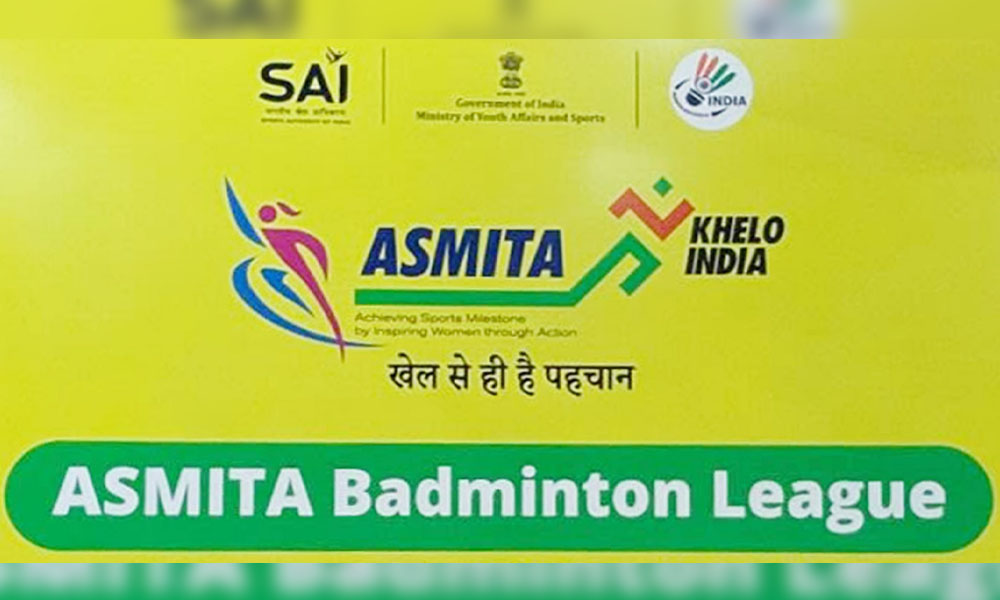A bench of Justices M R Shah and B V Nagarathna said that the appellant, who was the truck owner, was wrongly denied the insurance claim and that the insurance company had become "too technical" while settling the claim and had acted "arbitrarily."
Digital Desk: The Supreme Court observed that while settling the claims,
the insurance company should not be too technical and ask for the documents
that the insured is not in a position to produce due to circumstances beyond
his control. The bench of Justices MR Shah and BV Nagarathna noted that, in
many cases, it is found that the insurance companies are refusing the claim on
flimsy grounds and technical grounds.
Insurance companies are refusing claims in many cases on
"flimsy grounds," the Supreme Court on Friday said while observing
that they should not be too technical while settling the claims and should not
ask for documents that the insured is not in a position to produce due to
circumstances beyond his control. The apex court observed while allowing an
appeal against the August 2013 order of the National Consumer Disputes
Redressal Commission (NCDRC) in a matter on the settlement of a claim under the
insurance policy for a stolen truck in 2013.
A bench of Justices M R Shah and B V Nagarathna said that the
appellant, who was the truck owner, was wrongly denied the insurance claim and
that the insurance company had become "too technical" while settling
the claim and had acted "arbitrarily."
Therefore, in the facts and circumstances of the case, when the
appellant had produced the photocopy of the certificate of registration and the
registration particulars as provided by the RTO, solely on the ground that the
original certificate of registration (which had been stolen) was not produced,
"non-settlement of claim can be said to be a deficiency in service,"
the bench said in its judgment.
It noted that the insurance claim was not settled, mainly
because the appellant had not produced either the original certificate of
registration or even the duplicate certified copy of the certificate of
registration issued by the RTO.
It said the appellant was asked to furnish documents beyond his
control to procure and furnish.
The bench observed that once there was valid insurance and the
truck was stolen, the insurance company should not have become too technical
and refused to settle the claim on the non-submission of the duplicate
certified copy of the certificate of registration, which the appellant could
not produce due to circumstances beyond control.
In many cases, it is found that the insurance companies are
refusing the claim on flimsy grounds and technical grounds. While settling the
claims, the insurance
The bench said the appellant is entitled to the insurance amount
of Rs 12 lakhs along with interest at 7 percent from the date of submitting the
claim.
"The respondent-the insurance company is also burdened with
the liability to pay the litigation cost, which is quantified at Rs 25,000 to
be paid to the appellant herein," it said.
The top court noted that the truck was insured from August 22,
2012, to August 21, 2013, and in March 2013, it was stolen, after which an FIR
was registered. The complainant had also informed the insurance company and the
RTO regarding the theft.
The appellant had submitted all the documents as sought by the
insurance company, but the firm failed to settle the claim.
The appellant had earlier approached the district consumer
disputes redressal commission, which disposed of the complaint with a direction
that he would furnish a duplicate certified copy of the certificate of
registration of the truck to the insurance company within a month, and the firm
would then settle the claim as per the terms and conditions of the insurance
policy.
The appellant said that he had applied to the RTO to obtain a
duplicate certified copy of the certificate of registration of the truck.
Still, the RTO refused to issue the same on the ground that, due to the report
of theft, the details regarding the registration certificate on the computer
have been locked.
The apex court noted that the appellant had submitted an
application before the insurance company along with a photocopy of the
certificate of registration and registration particulars, as provided by the
RTO. Still, despite that, the claim was not settled.
He later filed a fresh consumer complaint before the district consumer disputes redressal commission, which dismissed it by observing that, as he had not filed the relevant documents for settlement of the claim, the non-settlement of the claim could not be said to be a deficiency in service.





















